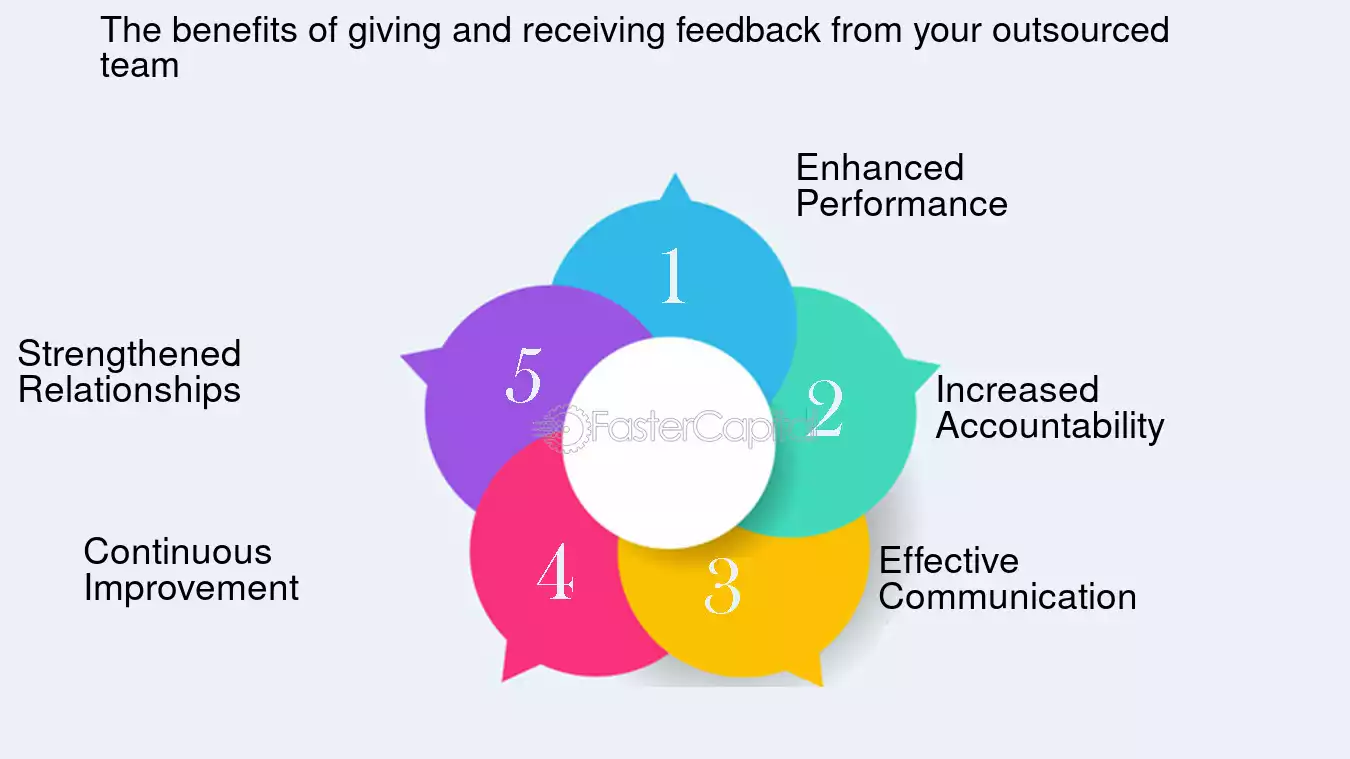Public speaking is an essential skill in both personal and professional life. Whether you’re delivering a presentation at work, speaking at a conference, or giving a toast at a wedding, the ability to communicate effectively in front of an audience is invaluable. However, public speaking can be daunting, especially if you struggle with anxiety or lack confidence. Fortunately, with practice and the right techniques, you can improve your public speaking skills and deliver impactful, engaging presentations.
1. Understand Your Audience
One of the most important aspects of public speaking is understanding your audience. Knowing who you’re speaking to allows you to tailor your message to their interests, level of knowledge, and expectations.
- Research your audience: Before your speech, learn as much as you can about your audience’s demographics, interests, and needs.
- Adapt your content: Use language, examples, and references that resonate with your audience. Make sure your message is relevant and valuable to them.
- Engage with your audience: Ask questions, use humor, or share personal stories to create a connection with your audience.
By focusing on your audience, you’ll be more likely to capture their attention and deliver a message that leaves a lasting impact.
2. Practice, Practice, Practice

The key to becoming a confident and effective public speaker is practice. The more you practice, the more comfortable you’ll become with your material and the act of speaking in front of others.
- Rehearse your speech: Practice your speech multiple times, both alone and in front of others. This will help you memorize your content and identify areas for improvement.
- Record yourself: Recording your practice sessions allows you to review your performance, including your pacing, tone, and body language.
- Simulate the environment: If possible, practice in a setting similar to the one where you’ll be speaking. This helps you become familiar with the space and reduces anxiety on the day of your speech.
Consistent practice builds muscle memory and helps you deliver your speech more naturally and confidently.
Mastering public speaking requires understanding your audience’s perspective and adapting your delivery accordingly.
Just as you’d prepare thoroughly for an important presentation, finding the right environment matters in other pursuits too.
For instance, when exploring entertainment options like the Jokaviproom Room, selecting trusted platforms ensures a smooth experience.
Similarly, practicing your speeches in comfortable settings builds confidence before stepping onto bigger stages. Remember that effective communication stems from both preparation and choosing the right moments to engage your listeners.
Whether addressing a crowd or participating in activities, authenticity always resonates most strongly with people. Continuously refining these skills will make your public interactions more impactful and memorable over time. Great speakers know that growth comes from consistent practice in varied situations.
3. Manage Speaking Anxiety
It’s normal to feel nervous before speaking in public, but there are strategies you can use to manage and reduce anxiety.
- Deep breathing: Practice deep breathing exercises to calm your nerves and steady your voice.
- Positive visualization: Imagine yourself delivering a successful speech, and focus on positive outcomes rather than potential mistakes.
- Start with small groups: If public speaking makes you anxious, start by speaking to smaller groups and gradually work your way up to larger audiences.
By managing your anxiety, you can focus on delivering your message effectively rather than being overwhelmed by fear.
4. Master Your Body Language
Your body language plays a crucial role in how your message is received. Confident body language can enhance your credibility and help you connect with your audience.
- Maintain good posture: Stand up straight with your shoulders back. This conveys confidence and authority.
- Use hand gestures: Purposeful hand gestures can emphasize key points and make your speech more engaging.
- Make eye contact: Establishing eye contact with your audience builds trust and helps you connect with them on a personal level.
By being mindful of your body language, you can reinforce your message and make a stronger impact on your audience.
5. Develop a Strong Opening and Closing
The beginning and end of your speech are the most critical moments. A strong opening grabs your audience’s attention, while a powerful closing leaves a lasting impression.
- Start with a hook: Open with a quote, a surprising fact, or a question to pique your audience’s interest.
- State your purpose: Clearly explain the purpose of your speech and what you hope to achieve.
- End with a call to action: Encourage your audience to take action based on your message, whether it’s to think differently, make a change, or continue the conversation.
Crafting a compelling opening and closing ensures that your speech is memorable and impactful.
6. Use Visual Aids Wisely
Visual aids can enhance your presentation and help illustrate your points, but they should be used wisely.
- Keep slides simple: Use slides to complement your speech, not overwhelm it. Limit the amount of text and use visuals to support your message.
- Practice with your visuals: Make sure you’re comfortable using any visual aids, whether it’s a slideshow, video, or props. Practice transitioning smoothly between speaking and using visuals.
- Engage with your visuals: Don’t just read from your slides. Use them as a tool to engage with your audience, pointing out key elements and explaining their significance.
When used effectively, visual aids can make your presentation more dynamic and engaging.
7. Seek Feedback and Continuously Improve
Public speaking is a skill that can always be refined. Seeking feedback from others can help you identify areas for improvement.
- Ask for constructive criticism: After your speech, ask for feedback from trusted colleagues or mentors. They can offer insights on what worked well and what could be improved.
- Reflect on your performance: Take time to reflect on your own performance. Consider what you did well and where you can improve.
- Continue learning: Take advantage of resources such as public speaking courses, workshops, and books to continue developing your skills.
By seeking feedback and continuously improving, you can become a more effective and confident public speaker over time.
Conclusion
Improving your public speaking skills is a journey that requires practice, self-awareness, and a willingness to learn. By understanding your audience, practicing regularly, managing anxiety, mastering body language, and refining your presentation techniques, you can deliver compelling speeches that resonate with your audience and achieve your desired outcomes. Remember, every opportunity to speak in public is a chance to grow and improve, so embrace the challenge and keep refining your skills.




